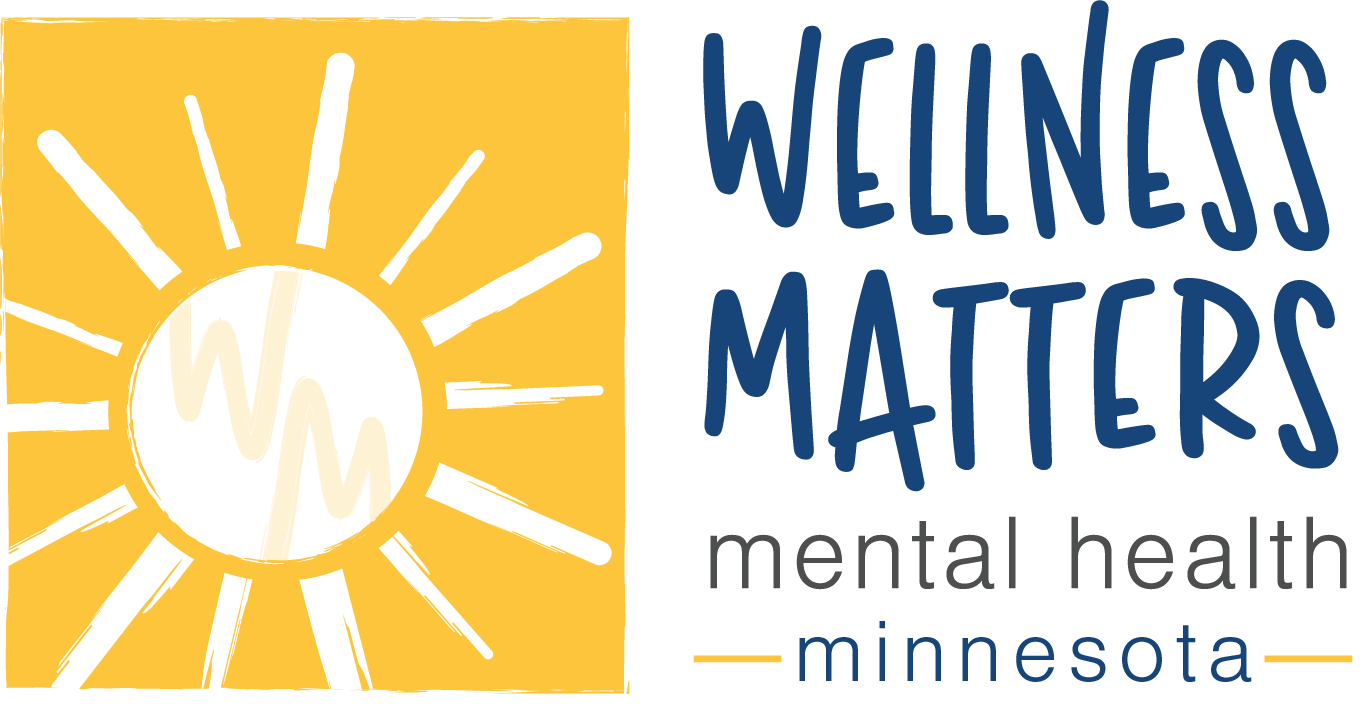Family anger issues are more common than most people think

People get angry for different reasons. Our triggers might be deeply rooted in our past or even in actions of our family. If most people in our family tend to struggle with anger, we might want to consider different ways to manage it, including therapy or counseling.
However, if we want some effective ways to manage anger as a family at home, it’s not impossible. Consider working through some of the following ideas with family members who might struggle with anger. If we are willing to look inside and learn where our anger stems from—even if it’s generational—there’s a lot we can do to manage it as an individual and as a family.
Understand Your Anger
Anger is typically triggered when we feel threatened or afraid. It’s part of our “fight or flight” response. Even if the threat isn’t necessarily real, it can still cause us to feel angry toward other family members, life in general, or even ourself.
The more we understand the root cause of our anger, the easier it will be to manage. If anger issues are a problem in our family, there’s a good chance we’re all dealing with some of the same causes. When we start to recognize those roots in our own emotions and where our triggers stem from, we can work on bringing them to light for the rest of our family.
Learn How to Communicate

Communication struggles can be fairly common in families. We’re dealing with a group of people who often have different opinions and different communication styles. In addition to anger being a natural response to a threat, it’s also often a cry for attention. Maybe we feel like the only way we’re “seen” or really listened to in our family is by showing anger. We’re likely not the only one who feels that way. However, if these issues have been going on for years, they could lead to stress, estrangement and other family issues.
Thankfully, if we can acknowledge our communication issues, we can learn how to talk to each other more effectively as a family. Use “I” statements to tell others how we feel, and choose to communicate when we’re calm and relaxed rather than when we’re already upset.
Don’t Misdirect Your Anger
Maybe our anger issues don’t stem from our family. But, because other family members have displayed anger issues over the years, we’ve learned how to manage our stress and other triggers ineffectively. It’s okay to be frustrated when things go wrong. It’s okay to be angry with people when they treat us or others poorly. Even too much stress or an unfair situation can trigger anger, and that’s perfectly normal.
What isn’t okay is taking that anger out on family (or anyone). In doing so, we’ll perpetuate a vicious cycle. By misdirecting our anger on other people, they’ll be more likely to respond with anger and frustration too. They’ll feel the need to defend themselves. Unfortunately, we might end up getting into an argument that never needed to happen.
If anger issues have been affecting your family for years, the best thing we can do is prioritize our own well-being first. Get to the root cause of your anger. Learn how to manage it effectively before trying to “change” the family dynamic.
We don’t have to do it on our own. Anger doesn’t have to control our personal life or cause more damage to our family. We can find peace and learn how to better handle issues that might feel like a threat.
If you’re interested in learning more about emotional regulation and distress tolerance as paths for managing anger, please consider accessing services at Wellness Matters or elsewhere. Nowadays, getting support is more convenient than ever. At Wellness Matters, the intake process is all on-line and can be done in less than an hour. Telehealth appointments make it possible to attend appointments from the comfort from your home or office. In-person services may also be available for persons living in northern MN.
To see if one of our therapists might be a good fit for your wants or needs, please read the bios of the Wellness Matters therapists in the “About Us” tab. You can connect with the Wellness Matters Intake Coordinator by texting or calling 218-616-1276.




